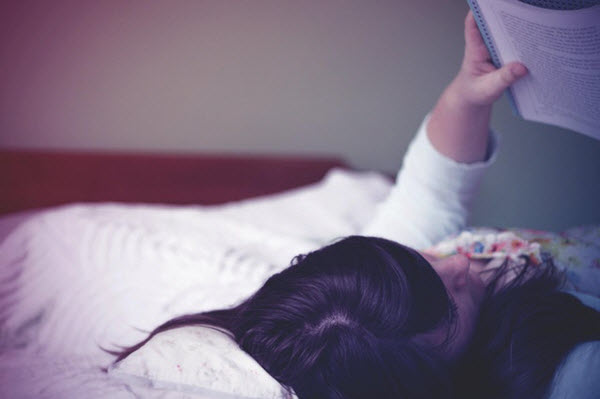Having trouble sleeping?
You aren’t alone. In fact, 35% of adults don’t get the doctor-recommended 7 hours of sleep per night. That is startling and sadly, many people live their lives in perpetual drowsiness without doing anything to alter their sleep habits.
Sleep is central to living a healthy life, both physically and mentally. But, why can’t people get to sleep?
Why People Can’t Fall or Stay Asleep

A whopping 30% of adults suffer from some form of insomnia, a disorder that prevents people from falling or staying asleep. There are several forms of insomnia and knowing which one is affecting you is the first step to recovery.
- Acute― Brief and isolated instances
- Chronic―Long-term difficulty falling asleep, usually 3 nights per week for 3 months
- Comorbid― Connected to a deeper mental or physical condition
- Onset― Inability to fall asleep at the beginning of the sleep cycle
- Maintenance― Inability to stay asleep, waking throughout the night
People who suffer from one of these forms of insomnia, no matter their place on the spectrum, are usually dealing with the effects of some other unhealthy habits. Insomnia is generally linked to:
- Stress
- Poor sleep habits
- Diagnosed mental health disorders such as depression and anxiety
- Travel and work schedules
- Dietary habits
See Also: Are You Sleep Deprived? 8 Health Risks Of Poor Sleep
Traditional Sleep Medication Isn’t All It’s Cracked Up To Be
A common quick fix people use to alleviate their insomnia are sleep medications. Studies have shown, however, that prescription sleep meds and over-the-counter options such as melatonin can be more harmful than helpful.
Sleep medications carry potential side effects, including dependence, headache and dizziness, drowsiness, and cognitive problems. It can also result in stunted memory and performance.
There are safer and healthier options out there that victims of insomnia can use.
Hypnosis for Sleep Disorders
Sleep hypnosis is proving to be very helpful to insomnia patients. Through hypnosis, practitioners put patients in altered states by way of focused attention, absorption, and suggestion. The studies on the effects of hypnosis on sleep have been primarily positive, with 58.3% of studies showing it to be a viable remedy. Subjects have been shown to get 81% more deep sleep and 67% less time being awake.
Hypnotherapy uses suggestibility to help change the mind’s behavior and can be useful in treating insomnia. It can also help with the following cases:
- Psychological trauma
- Anxiety and stress
- Depression
- Nicotine addiction
- Other sleep disorders
It is true that not everybody is equally susceptible to being hypnotized. Almost half of the people are moderately to heavily affected by hypnosis and over a third of people are at least slightly responsive to the treatment.
For those wanting to administer hypnosis themselves, getting the conditions for a good night’s sleep in order are easy to do.
Tips for Getting a Good Night’s Sleep
So, where do you start?
First, you can make your bedroom a calm and comfortable environment. You spend a third of your life asleep so make your bedroom and bed as welcoming as possible. Then, once you’ve done that, you need to make yourself comfortable. Meditate, count sheep, listen to whale noises, or whatever works for you.
While you are trying to relax your mind, relax your body with some breathing exercises and start simulating your dream state by visualizing a calm place. The beach, a mountain bluff, a dock on the lake.
You can also try the following:
- Go to bed only when feeling tired
- Don’t read, use mobile devices or watch TV in bed
- Only use the bed for sleep
- Limit how much time you spend in bed
- Set more regular and consistent sleep patterns
- Use meditation, breathing control, and muscle control to relax
There are also other ways you can retrain your brain to get to sleep. People with insomnia have options ranging from YouTube channels and apps offering hypnosis resources to multiple types of therapies, including Autonomous Sensory Meridian Response (ASMR) and Cognitive Behavior Therapy (CBT). People use ASMR and CBT to reduce stress, relax and fall asleep.
Techniques include:
- Whispering
- Personal attention
- Crisp sounds
- Slow movements
- Change negative thought patterns affecting sleep
Read the accompanying infographic, provided by Online Mattress Review, to learn more about sleep hypnosis.
Source: Online Mattress Review